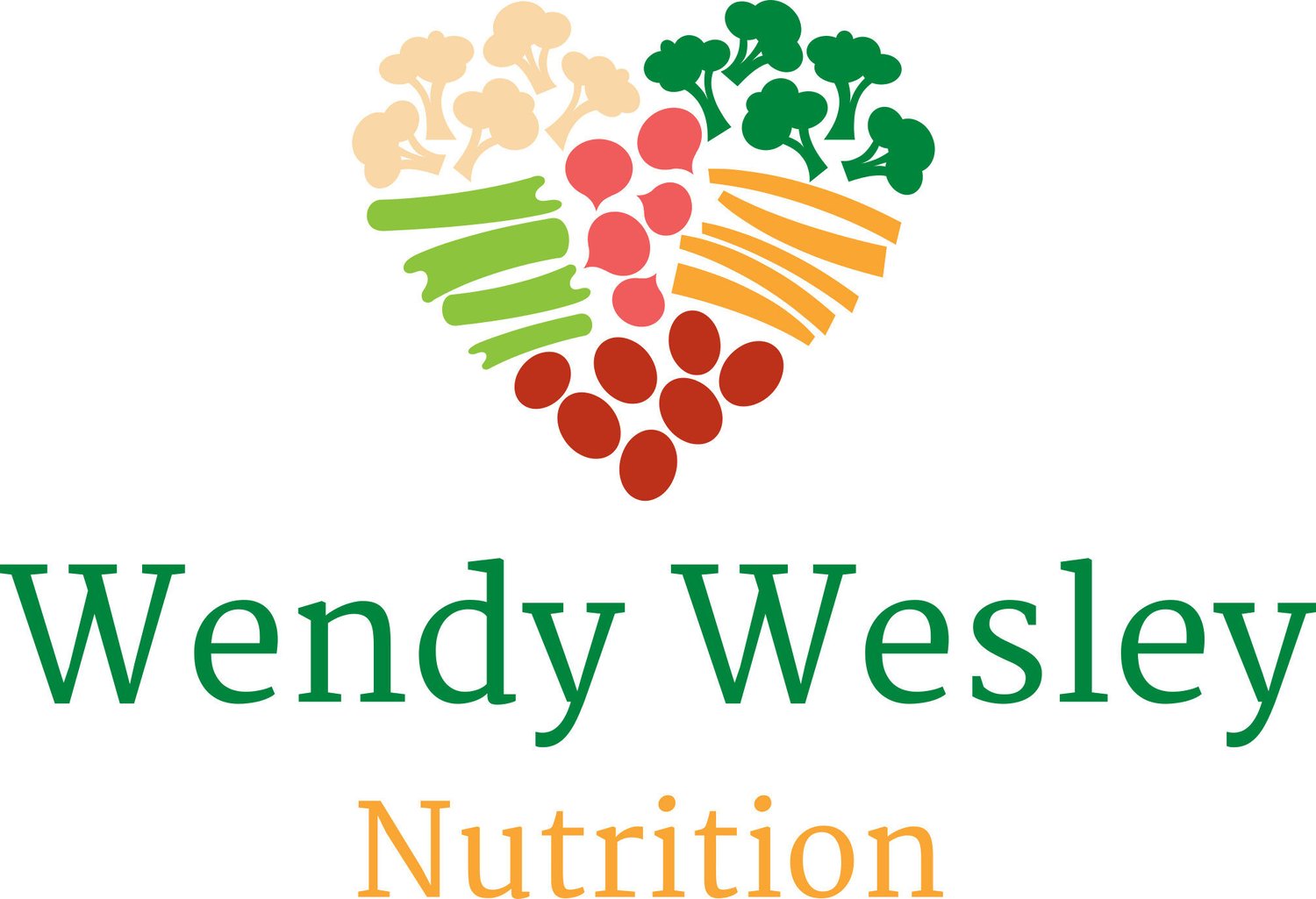You are more likely to overeat ultra processed foods due to their engineering and impact of the brain’s reward system and hunger/satiety hormones. Below are some ways UPFs can override your body’s cues and drive addictive eating of them.
High Sugar, Salt, Fat, Flour Content: Most UPFs contain high amounts of the “four horsemen” which are sugar, salt, fat and flour. This combo can trigger the release of dopamine, a neurotransmitter associated with pleasure and reward. A dopamine release creates a sense of pleasure and satisfaction which can lead to craving and repeated consumption.
Hyper-Palatability: UPFs are engineered to be incredibly palatable and pleasurable with the four-way combo of sugar, salt, fat and flour. These foods are often “soft” or “wet/soft” which leads to rapid chewing and swallowing. The absence of mastication can prevent the release of satiety hormones.
Rapid Digestion and Absorption: UPFs are digested rapidly primarily due to the absence of fiber. Because of this and high amounts of added sugars, blood glucose levels are rapidly spiked followed by an energy crash minutes or hours later. This triggers a cycle of consuming more and more to keep energy levels up and the dopamine flowing.
Marketing and Advertising: Clever marketing strategies and packaging can make processed foods more appealing and increase their desirability especially to children. Frequent exposure to advertising can influence individuals to crave and consume these foods even when not hungry.
Convenience and Availability: Processed foods are often readily available, convenient, and require minimal preparation, making them an easy choice for many people, especially those with busy lifestyles. The convenience factor can lead to habitual consumption and reliance on these foods.
Tolerance and Withdrawal: Regular consumption of processed foods can lead to tolerance, where the same amount of food no longer provides the same level of pleasure. This can lead to increased consumption in an attempt to achieve the same level of satisfaction. Additionally, reducing or eliminating processed foods from one's diet can lead to withdrawal symptoms such as cravings, mood swings, and irritability.
Three Tips to Break Up with UPFs
1. One time this week make changes at breakfast which is the meal you might have the most control over. Choose whole fruit, plain yogurt with your own added honey or sugar or eggs. These are all unprocessed foods. Avoid cereals, flavored oatmeal, sweetened yogurt, pop tarts, granola, bagels, breads, donuts, Danish, breakfast bars, smoothies, pancakes and waffles. By choosing foods that are not processed you will avoid a sugar spike and crash later in the morning. (Just one time this week.)
2. One time this week choose one UPF from your pantry and look for an unprocessed sub. Examples: instead of chips choose a mixture of salted nuts and seeds; instead of a protein bar choose a hard boiled egg; instead of a fruit snack choose an apple spread with natural peanut butter; instead of candy choose raisins. (Just one time this week.)
3. One time this week bring leftovers or a salad made at home to work. (Just one time this week.)

